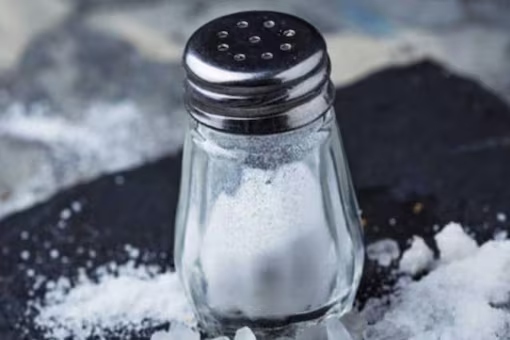Salt, often used to enhance the taste of food, has traditionally been linked to flavor enhancement. However, recent studies are shedding light on a possible negative aspect of this widely used ingredient. Adding salt to meals, a prevalent habit, has been indicated as a potential factor in the development of chronic kidney disease (CKD). The kidneys are a vital organ for preserving the body’s fluid and electrolyte balance as well as for removing waste products from the blood. Overindulging in salt can cause renal troubles in the long run in a few different ways.
- Increased Blood Pressure: Salt causes the body to hold onto water, which raises blood pressure. Elevated blood pressure can put stress on the kidneys’ blood arteries, making it more difficult for them to filter blood efficiently. This strain has the potential to cause chronic kidney disease (CKD) or kidney damage over time.
- Effect on Glomerular Filtration Rate (GFR): The rate at which waste is filtered by the kidneys is known as the glomerular filtration rate, and it can be lowered by consuming an excessive amount of salt. This reduction can put undue stress on the kidneys, potentially contributing to the development of kidney diseases.
- Kidney Stone Formation: An increase in the amount of calcium secreted in urine due to high salt levels might result in kidney stones. These stones have the ability to harm the kidneys and cause excruciating pain when they clog the urinary tract.
- Renin-Angiotensin-Aldosterone System (RAAS) Activation: The RAAS, a hormone system that controls blood pressure and fluid balance, is activated by an excessive amount of salt. Prolonged activation of RAAS due to high salt intake can lead to inflammation and scarring in the kidneys, impairing their function over time.
- Association with Chronic Kidney Disease (CKD): Eating a diet heavy in salt over an extended period of time has been associated with a higher risk of developing chronic kidney disease. With chronic kidney disease (CKD), the kidneys gradually lose their ability to function, which can ultimately result in CKD.These factors show intricate link between salt consumption and chronic kidney disease, emphasizing the importance of addressing dietary habits for kidney health.


